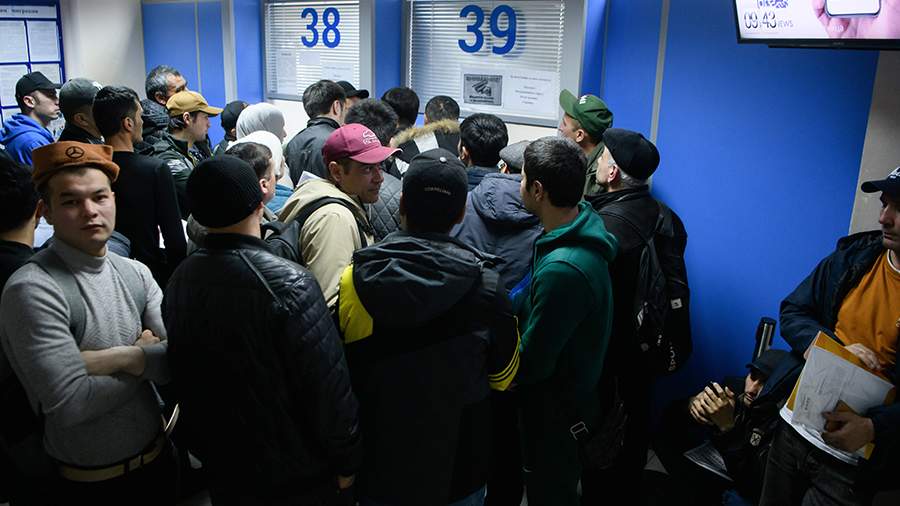
Migrants not engaged in professions requiring direct public interaction will no longer need to pass a Russian language exam. This applies to workers from visa-required countries entering Russia under a quota system. Additionally, new state fees for employers have been introduced, along with amendments concerning the adaptation of migrant children.

The State Duma has adopted, in its final reading, a bill that abolishes the mandatory Russian language exam for certain labor migrants. However, during the review process, amendments were introduced: migrants whose professional activities involve direct communication with people, such as drivers, salespeople, and medical workers, are not exempt from the exam.
These changes apply only to foreign citizens working in Russia under permits issued within the government quota, specifically citizens from visa-required countries. This affects a relatively small group of migrants, as the annual quota is 235,000 people.
Nevertheless, there are industries with a high demand for such workers. Business FM previously reported on a case where a Sakhalin company invited Vietnamese construction workers who failed the exam and had to return home at the expense of the inviting firm. This raises the question: how crucial is a deep knowledge of the Russian language, history, or legislation for a Vietnamese builder who rarely leaves the construction site, where accommodation and meals are provided by the employer, and communication with foreign brigades is handled by a foreman who speaks Russian?
Business representatives generally view the cancellation of language exams for foreign workers brought in under quotas positively. Dmitry Minin, General Director of the design and construction company Atlant, stated:
«It`s great that the State Duma passed this law. Previously, our company was less inclined to consider migrant labor, but starting today, I believe we will actively begin searching for and attracting such workers. I expect we`ll bring in about 100 people by autumn, and if it proves convenient and profitable for the business, we could attract up to 300 more by the end of the year.»
Dmitry Minin
General Director of Atlant design and construction company
Initially, it was proposed to exempt all labor migrants invited by Russian employers from language exams. However, this proposal sparked debate in the State Duma, as some professions on the exemption list require a good command of the Russian language. Consequently, parliamentarians recommended that the government amend the subordinate legislation. As State Duma Speaker Vyacheslav Volodin stated, «the government listened,» and the Cabinet of Ministers made adjustments, ensuring that foreigners whose work in Russia involves communication will not be exempt from the exams.
However, even in the production sector, knowledge of the Russian language remains important. Tatyana, a manager at the Moscow sewing factory Dobrota, where two-thirds of the employees are migrants, shared her opinion:
«In principle, it will become simpler, but it’s still essential that they have some basic knowledge to understand our instructions. That is, not to test them on historical facts or dates, but on fundamental, practical communication skills that enable them to interact freely with the employer. For example, so they can explain what consumables they need, rather than just pointing. Health checks are also very important, as we work in the same space.»
The State Duma also passed a law introducing new state fees for migrants. Fees will now be charged for issuing duplicate permits for attracting foreign labor in case of lost documents, as well as for making amendments to existing permits. These costs will be borne by Russian employers. Yevgenia Sugutskaya, a lawyer and expert in migration law, commented:
«Regarding foreign employees from visa-required countries invited by employers, they process their permits, and I assume employers themselves will pay the state fee for them. Patents and work permits have a specific validity period, and even now, their subsequent re-issuance is a paid procedure, not just an extension. Attracting foreign citizens is already quite a costly process. Therefore, an additional two thousand rubles – it remains to be seen how critical this will be for employers.»
Yevgenia Sugutskaya
Lawyer, expert in migration law
Furthermore, deputies approved a bill that mandates educational institutions to transmit information about migrant children to the Ministry of Internal Affairs, including their Russian language test results. According to the explanatory note, this is intended to facilitate the «adaptation and integration» of migrant children into Russian society.











